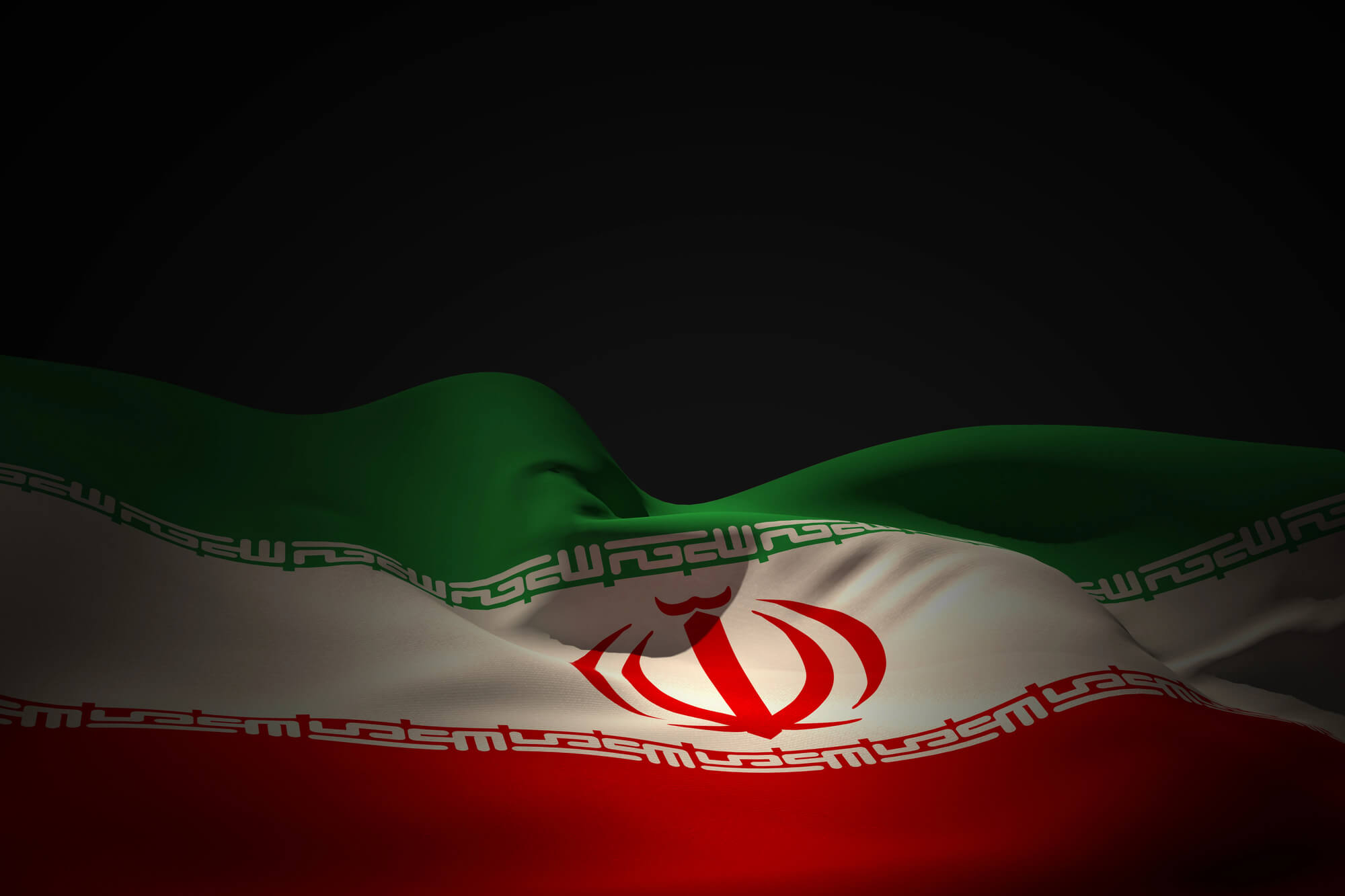One may often hear in a political debate that Russia is a superpower. But why is it considered as such? In this article we review several criteria that could be used to define a superpower and show that Russia fails on many of these. We therefore suggest to write off this mythical superpower status and see Russia as it is – a rather weak but very aggressive state. We also suggest a few practical steps to deal with Russia.
Barack Obama once described Russia as a regional power. That assessment did not go well in Russia because many Russians believed and still believe that their country was ‘great’ and ‘exceptional’. The exchange between the US and Russia was interesting but it led to a few important changes in Russia’s position in the world (e.g., Russia was expelled from G8 after it annexed Crimea in 2014). The Russian full-scale invasion in Ukraine made this debate more relevant as countries weigh their options on which side to take in the war and the limits of their support. One can often hear in discussions or see in the media a well-known cliche that “Russia is a superpower”, and “realists” argue that Russia should not be provoked or humiliated.
Let’s consider what constitutes a superpower status. Below we look at some criteria that may provide ground for this statement.
- Military
- Nuclear weapons. If being a superpower means having nuclear weapons, then is Pakistan a superpower? Or India? Or North Korea? (by the way, the first two also have more population than Russia).
- A strong army. During three months of the full-scale war in Ukraine the Russian army lost 30 000 soldiers (more than the USSR lost during 9 years in Afghanistan), 1300 tanks, more than 200 jets, a flagship, etc. Its army is good at killing unarmed people, raping women and children and looting. Despite its large size, the Russian army is clearly not as powerful as many observers thought. The main issue there is professionalism.
- Economic/technological power
- Economic development. Russia’s GDP is 2% of the world’s, less than that of Italy or Brazil. Russia’s economy is roughly an order of magnitude smaller than the economy of the U.S., E.U., or China.
- Well-being of people. If we rank countries by GDP per capita (PPP), Russia is in the 78th place in the world. The first is Luxembourg, slightly ahead of Singapore. And when you think of the quality of life, remember that about 30% of Russian households don’t have plumbing in their homes.
- A lot of oil and gas. In this case, is Saudi Arabia a superpower? Russia is a classic case of Dutch disease getting up to 50% of its budget revenues from energy sales.
- Science and R&D. Russia and the USSR have 17 Nobel laureates in sciences – less than Sweden or Netherlands (20 each). And what about Russian inventions? Can you find any gadget around you that was made (let alone invented) in Russia? You may remember that the USSR was the first in space. But the leading figure of the Soviet space program was Serhiy Korolyov, a native of Ukraine, who was tortured in Russian concentration camps.
- Way of life
- Respect for human rights. No comments (this Human Rights Watch report just scratches the surface).
- Democracy. No comments either (it’s a dictatorship based on fear and propaganda).
- Culture (specifically literature). Russia and the USSR have 5 Nobel laureates in literature. Of them three (Brodskiy, Bunin and Solzhenitsyn) were either repressed or forced to leave the country, and one (Pasternak) was forced to decline the prize. Poland and Spain each have 6 Nobel laureates in literature. Are they superpowers? And by the way, if culture does not prevent its bearers from committing the atrocities that the Russian army is committing today in Ukraine, this culture is not worth a penny. In fact, Russian culture is just another side of its propaganda.
So why is Russia considered a superpower? Probably because the USSR, of which Russia calls itself a successor, won World War II. As such, it was allowed to grab over a half of Europe, and the West turned a blind eye to massive repressions in the USSR against its citizens. Moreover, it got a seat at the UN Security Council, and after the demise of the Soviet Union, Russia “inherited” the seat in a legally doubtful way. But would the USSR have been able to win WWII without the Allies? “What-if” alt-histories are an extremely uncertain business but probably not (the U.S. lend-lease alone to the USSR amounted to $11.3 billion, which is $180 billion in today’s money, and the support from other Allies was huge as well). And without the USSR feeding and arming Germany in the late 1930s there would be no war in the first place (although one should not forget all the concessions made to Hitler by European states that considered themselves superpowers at that time).
In different years between 1941-1945, there were 12% to 25% of Ukrainians in the Soviet army, so Putin’s statement that Russia would have won the war without any help is wrong. By the way, several tens of thousands people from the Ukrainian Insurgent Army, as well as over 50 thousand people from the Lithuanian Army, were fighting against the USSR for independence of their countries until the late 1950s. They never received any help from abroad and were defamed as “nazis” by Soviet/Russian propaganda.
Thus, Russia’s true superpower is (1) lies and corruption and (2) deliberate weakness of the collective West. Russia, governed by a secret service (former KGB), is extremely good at blackmailing, deceiving, and bribing politicians. It is also good at deepening social divides and inflating conflicts and hostilities. But, as shown above, it cannot deliver anything positive.
For years, Russia has been supporting ultra-right parties (Le Pen party in France, Alternative for Germany, Freedom Party of Austria, UKIP, etc.) and violent movements such as Gilets jaunes in France or White supremacists in the US. It meddled into voting on Brexit and the US elections, it supported terrorist organizations such as Hesbollah and bloody dictators such as Assad or Lukashenka. Only in its recent history (after 1991) it killed hundreds of thousands of people in Chechnya, Georgia, Syria, and Ukraine. It stirred conflicts in Mali, Yemen, and Azerbaijan. Gerhard Schoeder and the likes embody the corruption of Russian money.
It’s time to face reality: Russia is not a superpower. It’s a paper tiger. But the civilized world is afraid of its rustling. Russia has a lot of weapons – but much less after three months of war with Ukraine. Russia has no empathy for people. But those who do should help Ukrainians who are fighting not only for themselves but for the entire civilization. Russia projected the image of a strong economy. But its economy turned out to be vulnerable to sanctions and boycotts. Russia positioned itself as a moral beacon, a counterweight to the “decadent” West. But after massacres in Bucha, Irpin, Mariupol and other Ukrainian cities, Russia is a butcher in the eyes of the world.
So let’s get rid of the “superpower myth”. While doing this, there are some practical steps to make:
- Empower Ukraine
-
-
- provide Ukraine with heavy weapons, including artillery, anti-aircraft systems and anti-ship missiles. This should be done immediately;
- make Russia pay for the damage it has been doing – seize assets of Russian state and oligarchs and use them to pay for reconstruction of Ukraine;
-
- Raise the cost of aggression
-
-
- recognize Russia a terrorist state and apply consequent financial and trade sanctions;
- deprive Russia of its oil and gas revenues. While a EU-imposed embargo is costly, there are smarter solutions, such as “take-don’t-pay”, “oil/gas-for-food program” or the “price cap”;
- ban all Russian public servants and SOE managers from traveling to civilized states, from purchasing property or making other investments there. Cancel visas of those who already have them;
- turn off the Russian propaganda channels (Russia Today, Sputnik, RTVI etc) not only from cables but also from satellites and social networks. Hiring Russian propaganda workers into Western media outlets should be a taboo;
- ban Russian “Kulturträgers” from Western platforms. If you wonder why – listen to Kyrill Serebrennikov’s speech at Cannes. He never apologized to Ukrainians nor expressed any compassion. Instead, he praised Roman Abramovych, one of the Putin’s wallets, and advocated for lifting sanctions;
- investigate ties of Western politicians and parties with Russia, especially financial ties;
-
- Prevent future aggression
-
-
- develop a strategy of recognizing and establishing diplomatic relations with new nation-states that will emerge on the Russian territory;
- start developing a new international security architecture.
-
The Cold War was a stand-off between two superpowers. But this was many years ago. The current thinking should recognize the changed landscape of economic, political, and military power. Indeed, legacies are important but the present and the future are much more important. To this end, the modern world does not need to promote an aggressive regime in Russia to a superpower status. Instead, the global community needs to unite to stop the Russian aggression and deprive Russia of the ability to attack other countries in the future.
Attention
The authors do not work for, consult to, own shares in or receive funding from any company or organization that would benefit from this article, and have no relevant affiliations




